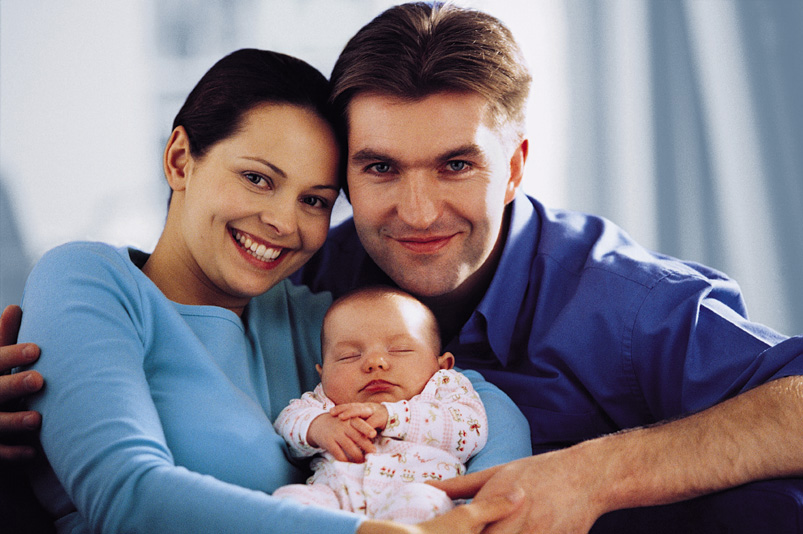
Your family may or may not be together when a hurricane strikes, so it’s important to make an emergency plan that outlines what everyone should do.
Your family emergency plan should address:
-
A place to meet. Make sure everyone knows where to meet in case of an emergency. Choose a place in your immediate neighborhood, such as your house, and a place a little further away. If disaster strikes, make sure everyone knows to meet at whichever location is safest.
-
Evacuation routes. Learn community evacuation routes and map out the best course for your family. But don’t just consider the fastest way out of town. Come up with some route alternatives that can help you avoid low water crossings and congested highways if possible.
-
Shutting off utilities. Ensure that everyone in your household knows how to safely shut off the electricity, water and gas. Leaving these utilities on can be dangerous during a natural disaster.
-
A go bag. In addition to your emergency kit, you’ll need to have your important documents together in a waterproof bag that’s easy to grab in a hurry. Your go bag should contain copies of your insurance information, bank records and birth and marriage certificates.
-
Contact cards. Each person in your family should have a list of emergency contacts in their wallet, purse or backpack. It’s not enough to keep these important contacts in a cell phone, which could become lost or damaged.
Communication tips
-
Try texting. During an emergency it can be hard to get through the congested network over the phone. But text messages can often make it through without a problem.
-
Contact someone out of state. Dedicate a relative or a friend from another state as a point of contact. If disaster strikes, make sure everyone in your family knows to call this person to let them know they are safe.
-
Know the school’s plan. If you have children, their school should have an emergency plan in place. Make sure you’re familiar with it.
-
Talk about the dangers. Natural disasters can be very dangerous. It’s important that you talk to your family about hazards such as down power lines and low water crossings.
